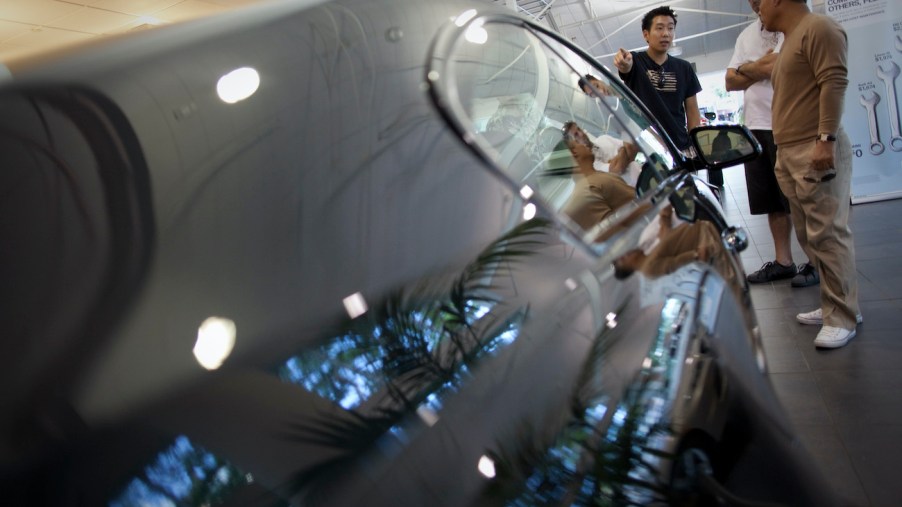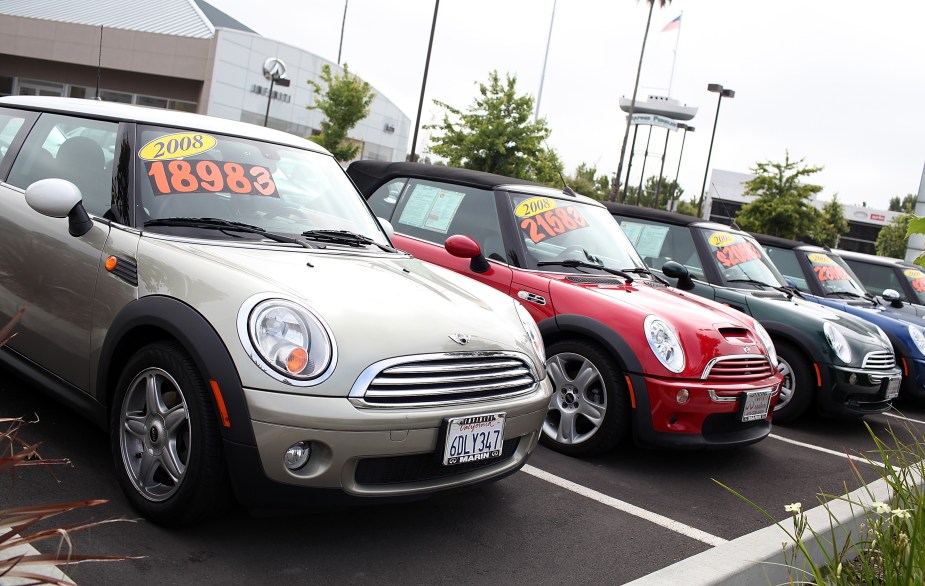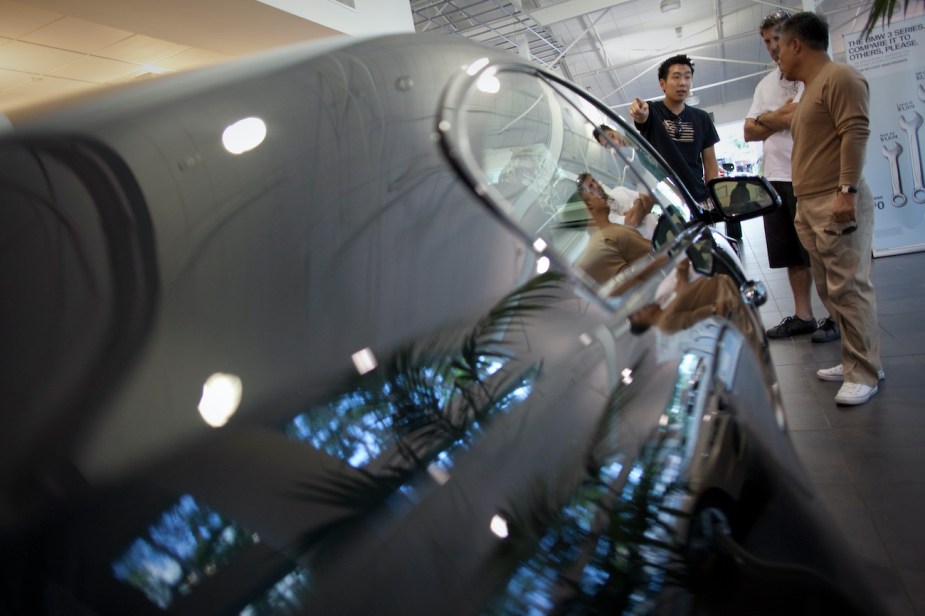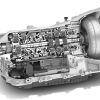
How to Not Get Scammed When Buying a Used Car from a Private Party
Used car prices are currently on the decline, which means that you should be able to get a decent deal at a dealership soon enough. However, buying a used car from a private party could be a good idea if you can’t wait. The only problem is that many scammers lurk behind the classified ads with private party sales. Here is how to not get scammed when buying a used car from a private party.
How some private party used car sales scams work

If you think that the dealerships are trying to scam you, then you’ll be sad to hear that plenty of private party sellers are doing the same. However, these scammers aren’t just marking up the price to ridiculous levels. Instead, these are nefarious people that will tell you an elaborate story and then scam you in an unsuspecting way.
According to the BBB, this elaborate scam takes place on sites like Craigslist, Facebook Marketplace, and eBay and starts with a low-priced car. When you contact the seller about the car, they will claim that the car is in another state and must be transported to you. Fortunately, the seller knows a third-party transport company that can bring the car to you, but you’ll have to pay the transportation costs.
The BBB states: “Once you have paid the third-party company, usually by a wire transfer or pre-paid debit card, your vehicle won’t be delivered. The sale was a scam, and the seller was in cahoots with the third-party transport company. Unfortunately, your money is gone for good.”
Tips to avoid getting scammed in a private party sale

In order to avoid getting scammed by sellers on Facebook Marketplace, Craigslist, or eBay, here are a few tips as pointed out by Komando:
- Watch out for sob stories: If the seller gives you a sob story about why they are selling the vehicle, it’s most likely a scam. They’re trying to pull you in by pulling at your heartstrings.
- The price is too good to be true: If the price for the car is too good to be true in comparison to the same cars in the market, then it’s likely a scam.
- Contact the seller by phone: If you find a car you like, ask the seller for their phone number and get them on the phone to ask them questions. They are most likely a scammer if they are vague with their answers, get defensive, or don’t want to tell you where the vehicle is.
- Always see the car before buying it: Do not give anyone money until you have seen the car and gone for a test drive.
- Don’t wire funds for the car: Scammers like to ask to wire funds because it’s harder to track. The problem is that you probably won’t get your money back once you do. Try to make the car deal with cash, if possible.
Don’t get scammed when buying a used car

Although plenty of scammers make the rounds on the private party classifieds, they can be easily avoided. Just remember to do your due diligence when getting information about the car and making the transaction. Just remember; if the car needs to be transported, it probably doesn’t exist.



